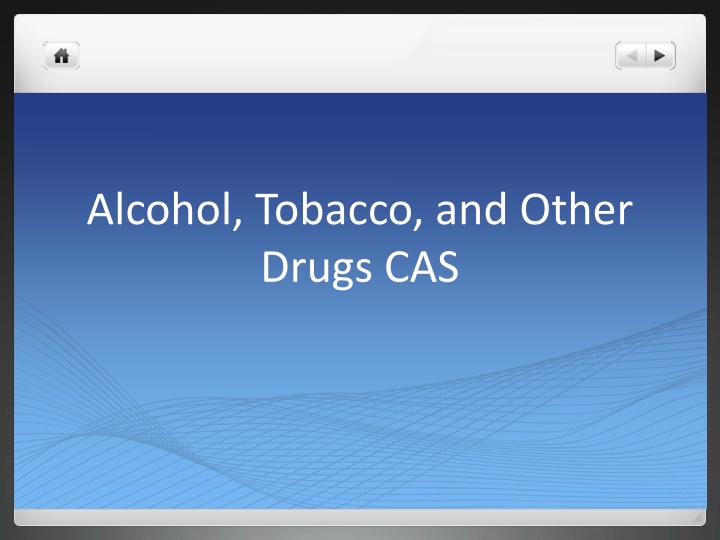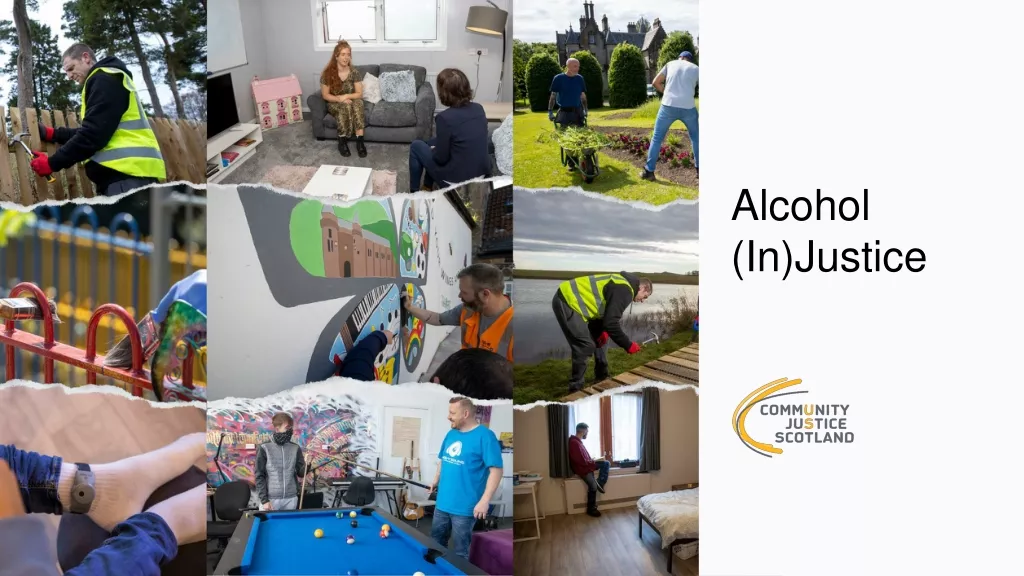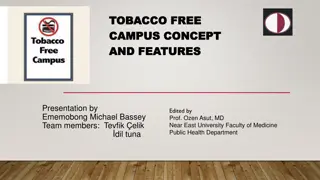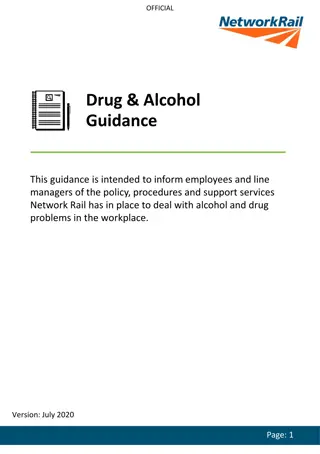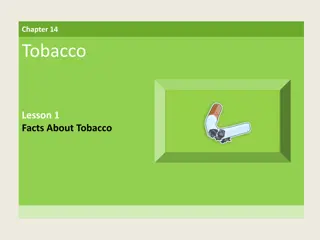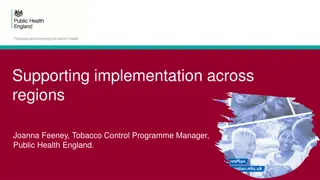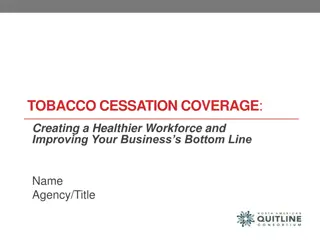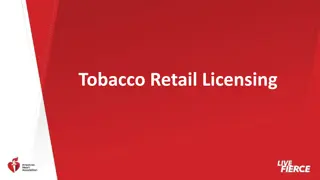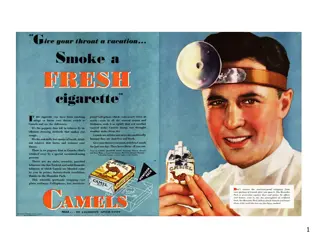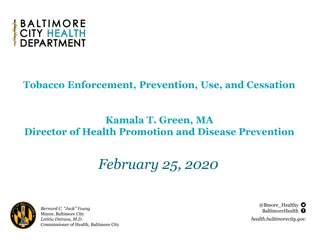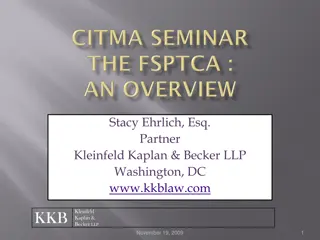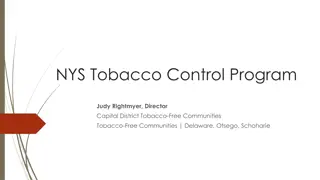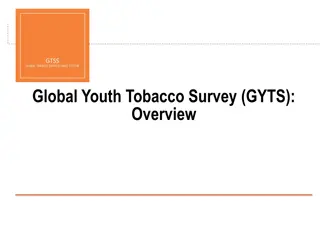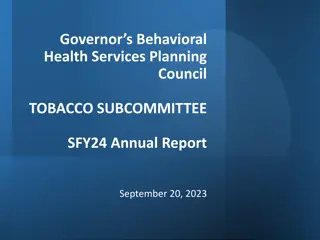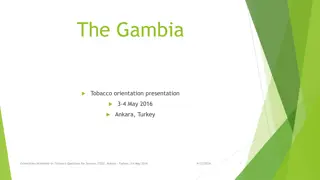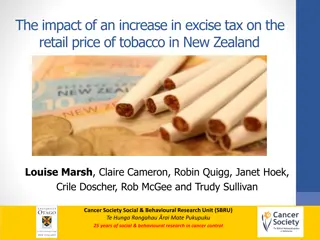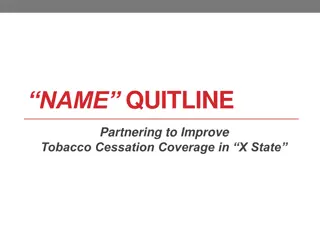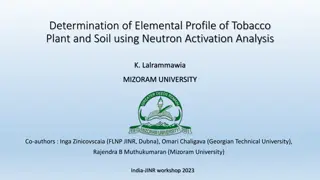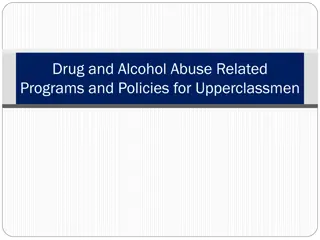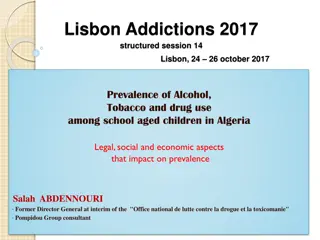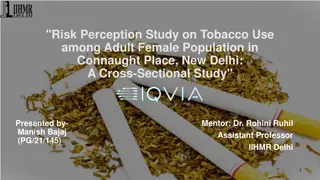Overview of Alcohol, Tobacco, and Drug Education Initiatives
This text provides insights into various initiatives related to alcohol, tobacco, and drug education, including team compositions, strengths, identified opportunities, surprises, and plans for future use of results. It highlights the importance of increasing educator hours, website development, office location, and student outcomes in late-night programming. Additionally, it covers student conduct initiatives, team members, strengths in due process and student code of conduct, developmental sanctions, and campus partnerships. Opportunities for learning outcomes, addressing misconduct, staff recognition, and advocacy are also outlined.
Download Presentation

Please find below an Image/Link to download the presentation.
The content on the website is provided AS IS for your information and personal use only. It may not be sold, licensed, or shared on other websites without obtaining consent from the author.If you encounter any issues during the download, it is possible that the publisher has removed the file from their server.
You are allowed to download the files provided on this website for personal or commercial use, subject to the condition that they are used lawfully. All files are the property of their respective owners.
The content on the website is provided AS IS for your information and personal use only. It may not be sold, licensed, or shared on other websites without obtaining consent from the author.
E N D
Presentation Transcript
HomeButton.png Alcohol, Tobacco, and Other Drugs CAS
HomeButton.png The Process Team Lexi Prunella, Alcohol, Drug, and Wellness Education Maria Bonifacio, Residence Life Meredith McIntyre, Advising & Testing Center Matthew Dunn, Student Schedule Utilized Dropbox Initial Meeting Met Every Other Week for 4 Marathon Meetings
HomeButton.png Greatest Strengths Mission Implementation Data Collection and Reporting Build Partnerships
HomeButton.png Identified Opportunities Additional Staffing Funding Resources Facilities Collaboration with Community Campuses
HomeButton.png Biggest Surprise CAS materials were written implying a multi-person officer.
HomeButton.png Using the Results in the Future Increase Alcohol, Drug, and Wellness Educator Hours Website Development Office Location Student Learning and Development Outcomes Late Night Programming
HomeButton.png Student Conduct CAS
HomeButton.png The Process Team Members Michael Votava, Student Conduct Ellie Soto, Student Conduct Michael Andrews, Student Michael Smith, Residence Life Christie Erickson, Library Schedule Utilized Dropbox 2 Weeks Discussion and General Readings 7 Weeks Themed Self-Assessment Guides and Specific Readings 1 Week Summary
HomeButton.png Greatest Strengths Due Process for Students Well-defined Student Code of Conduct and Judicial Review Procedures Student Conduct Process and Developmental Sanctions Have an Impact Campus Partnerships Well-trained, Well-educated Student Conduct Officers
HomeButton.png Identified Opportunities Learning Outcomes for Core Functions of Student Conduct Policy Addressing Misconduct by Student Clubs and Organizations Campus Student Conduct Board for Minor Sanctions Staff Recognition Advocacy for Sufficient Funding and Additional Staffing
HomeButton.png Biggest Surprise Facilities have a significant impact on a Student Conduct program.
HomeButton.png Using the Results in the Future Map out learning outcomes for different student conduct functions. Review policies on a regular basis. Create a more welcoming environment for students. Celebrate the accomplishments of our staff. Enhance Student Conduct s presence online.
